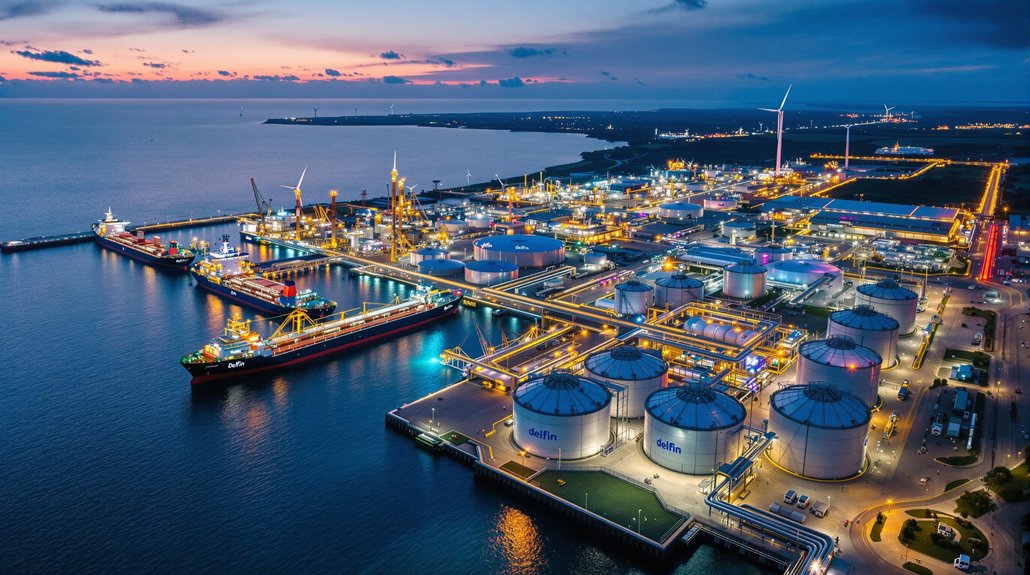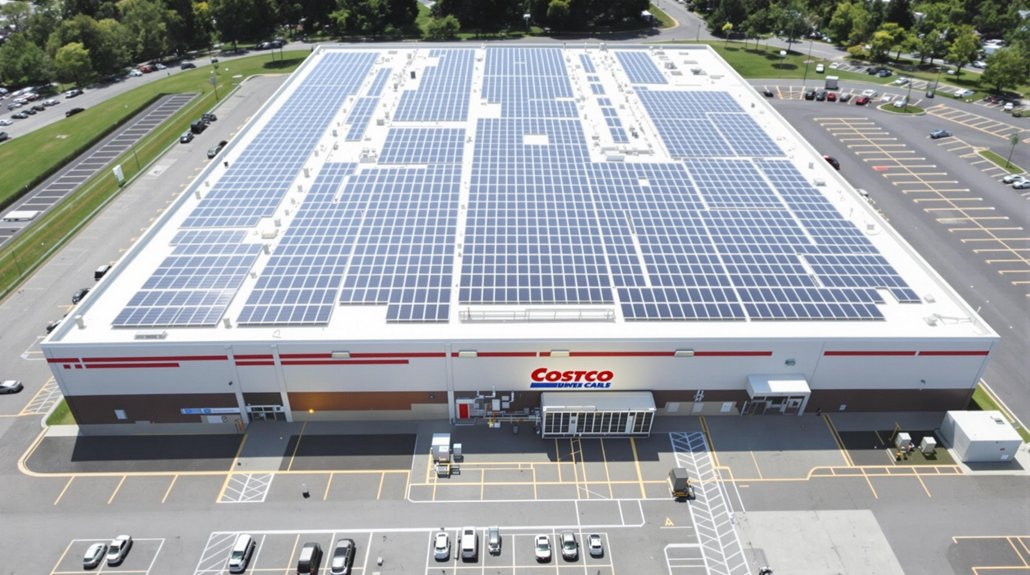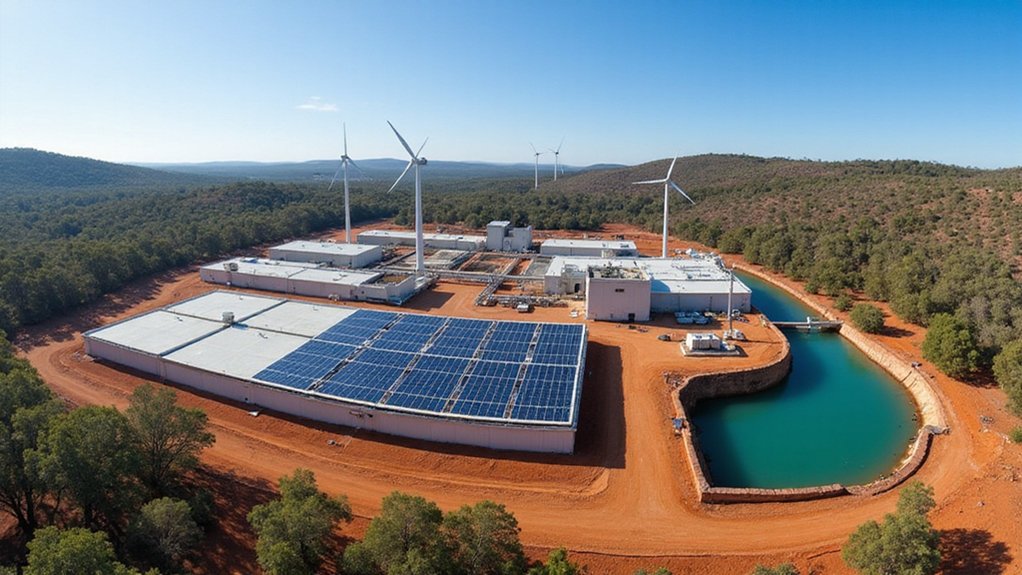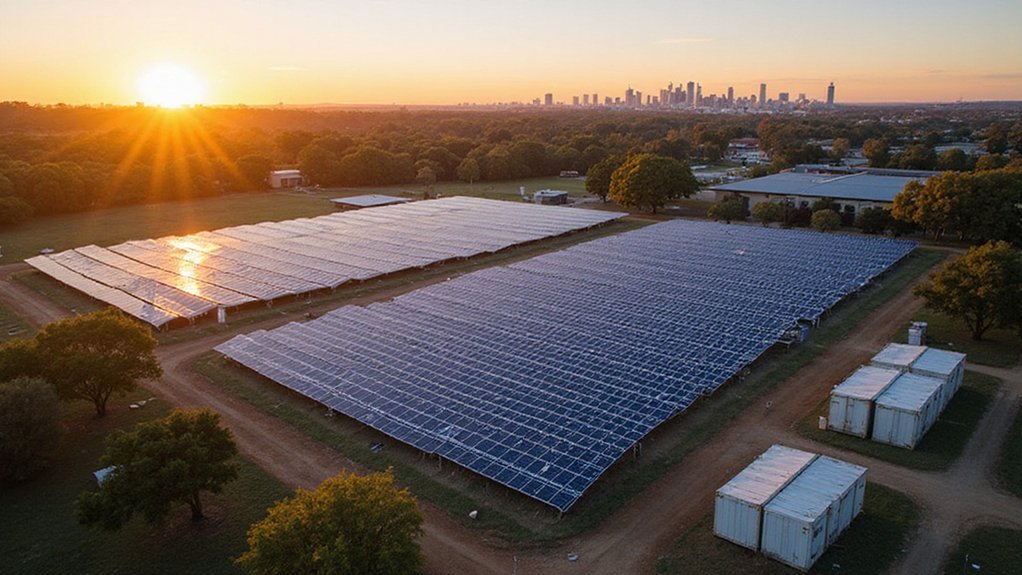Germany has secured a significant 15-year energy agreement with RWE and TotalEnergies. The deal will provide 30,000 metric tons of green hydrogen annually starting in 2030. Production will begin after completing a 300-megawatt electrolysis plant in 2027. The hydrogen will travel through Germany’s planned central grid, supporting the country’s goal of climate neutrality by 2045. This represents the largest climate-neutral hydrogen contract in German history.
Germany has secured an essential 15-year energy supply agreement that will bolster the nation’s evolution to cleaner power sources. The landmark deal between RWE and TotalEnergies will provide 30,000 metric tons of green hydrogen annually to the Leuna refinery starting in 2030. This represents the largest contract for climate-neutral hydrogen from an electrolyzer in Germany to date.
The agreement follows TotalEnergies’ broader European initiative, which sought tenders for 500,000 metric tons of green hydrogen yearly. Production will begin after the completion of a 300-megawatt electrolysis plant in 2027. The project will utilize reserved capacity at the Gronau-Epe hydrogen storage facility to ensure steady supply. The hydrogen will travel through Germany’s planned central hydrogen grid, which aims to connect production sites with industrial hubs.
This hydrogen deal comes amid Germany’s complex energy evolution. The country maintains its commitment to climate neutrality by 2045 but has adjusted some earlier targets. The leaked coalition documents revealed that contested climate policies remain a significant challenge in ongoing negotiations between political parties. While the coal phase-out remains set for 2038 “at the latest,” previous ambitions to accelerate this to 2030 have been shelved.
Germany’s energy strategy also includes building 20 gigawatts of gas-fired power plants by 2030. These plants will serve as backup for the country’s expanding renewable energy system. Officials prefer placing these new facilities at existing sites to minimize environmental impact. This approach aligns with the global challenge of achieving a full transition to renewable energy, which requires increasing capacity 6-8 times by 2050.
Financial support for the energy evolution continues to grow. The European Commission recently approved a €4 billion German scheme in 2024, followed by a €5 billion program in 2025 to assist companies subject to the EU Emission Trading System.
The country’s hydrogen infrastructure plans are equally ambitious, with a 9,000-kilometer pipeline network scheduled for operation between 2025 and 2032. This network will combine repurposed existing pipelines with newly constructed sections. A major hydrogen storage facility in Gronau-Epe is set to begin operations in 2027.
Germany has also awarded €2.8 billion to 15 companies for decarbonization efforts through climate protection contracts. These 15-year agreements are expected to reduce emissions by 17 million tons over their term.









